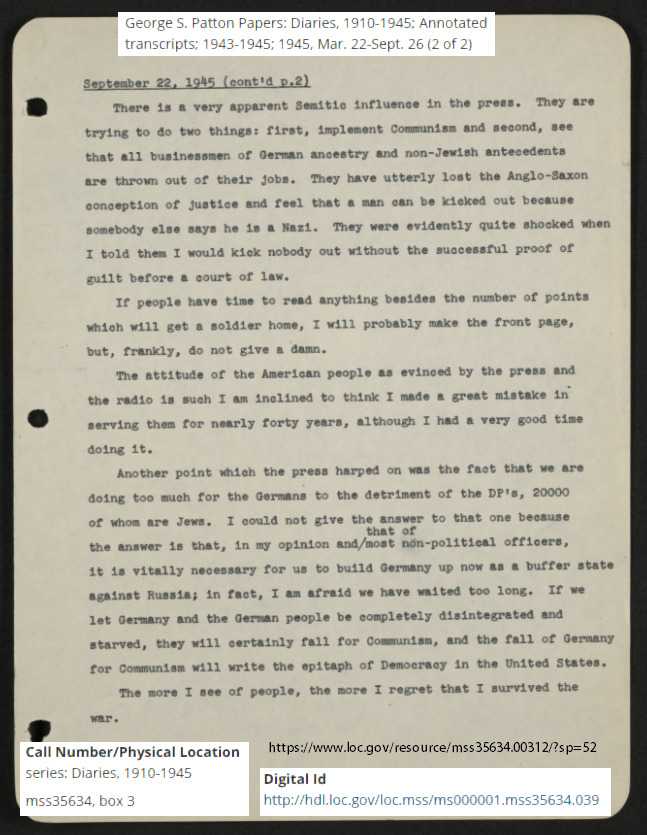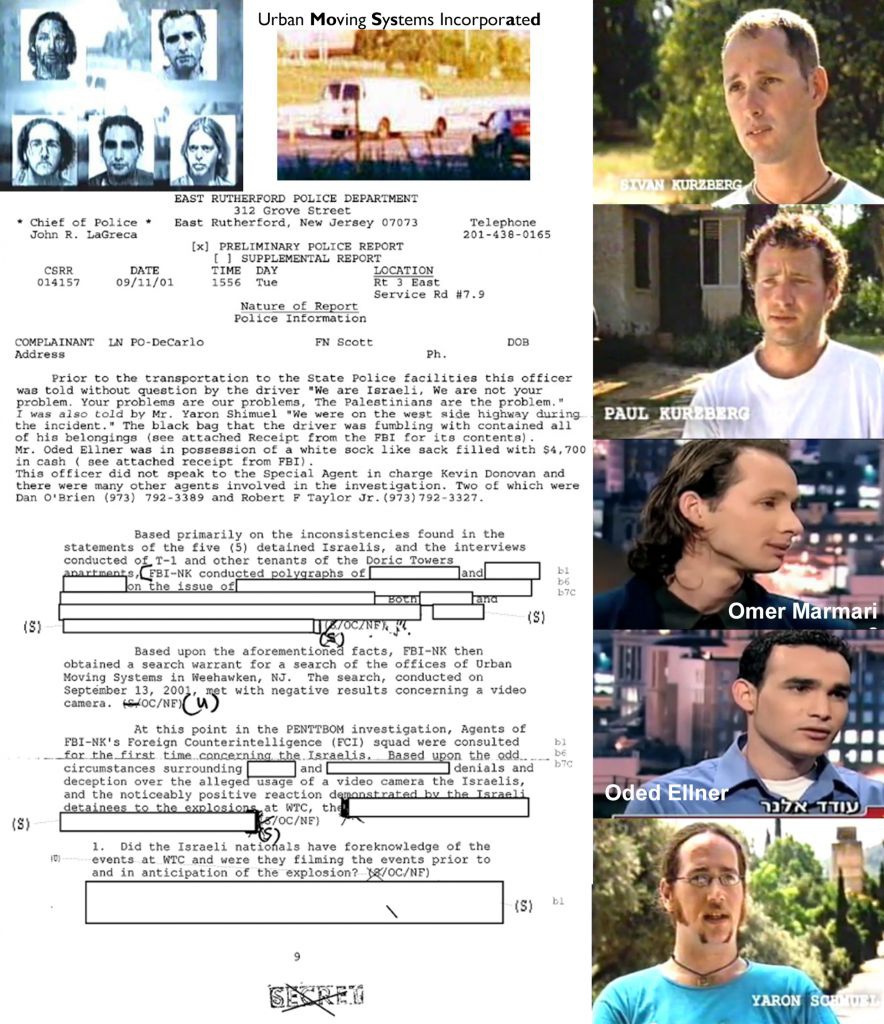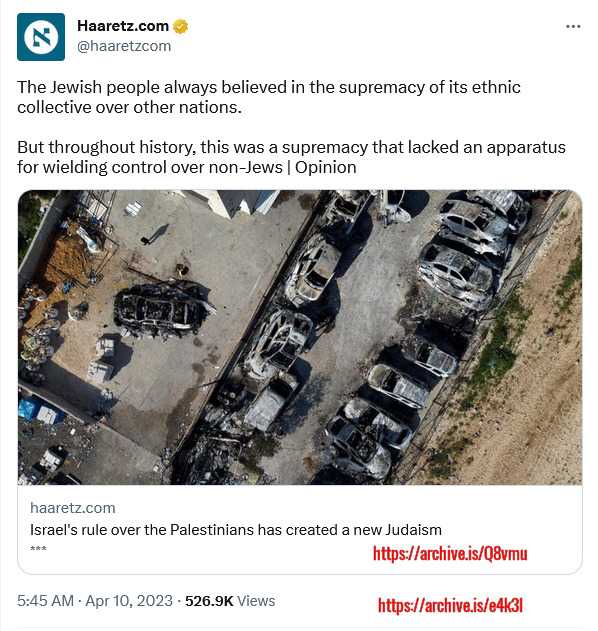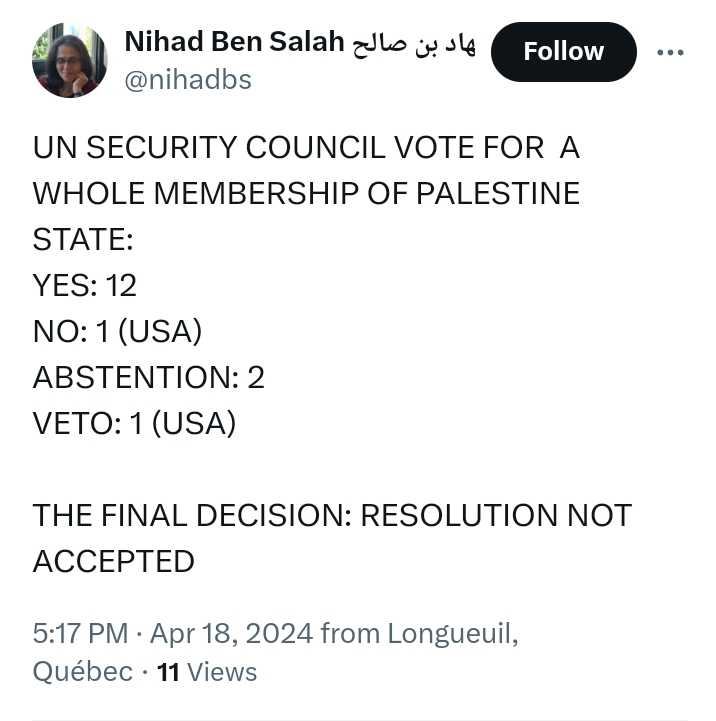Artificial Interruption

by Alexander Urbelis (alex@urbel.is)
On Trust and Moral Clarity in War Time
I was in Israel nearly ten months earlier to the day of penning this column. Listeners of Off The Hook may even recall that I appeared on the radio show from Tel Aviv and was raving about the place. It was my first time in Israel and I count myself lucky to have been there before hostilities erupted. I found it to be a very special place, holy in its own right for several reasons, but special in ways that had nothing to do with it being the birthplace of most major religions.
Tel Aviv was bustling with life, the food was delectable, the architecture was unique and gorgeous, the people were welcoming, Arabs and jews played football and ate together in Jaffa, and I learned that Tel Aviv was one of the most accepting places for the LGBT population in the globe, let alone the Middle East. The juxtaposition of earnest modernity with orthodox Judaism, however, can lead to some strange experiences, a perfect example of which happened to me in a taxi on the way to a meeting with clients.
It was midday in Tel Aviv, and I had to get from the city center to Herzliya in the north to meet clients and present on legal issues relating to AI developments. A colleague and I hailed a cab. Making some last-minute tweaks to the presentation while en route, I had my laptop open and did not pay much attention to my surroundings. I did notice that the driver appeared to be a serious-looking, religious, orthodox jew. A few minutes into the journey, my colleague and I looked at each other quizzically and in some disbelief at the sounds emanating from the back seat speakers: a woman moaning, not in distress, but in what appeared to be ecstasy that was continually growing in cadence and decibels, culminating in what was almost certainly an orgasmic climax, with a musical accompaniment and periodic interruptions of a deep-voiced Frenchman.
I recognized the moaning. It was the (((Serge Gainsbourg))) song, Je t'aime... moi non plus or, in English, I love you... me neither. Released in 1969, the song became an international hit, but was banned in several countries, including the United Kingdom, Italy, Spain, Sweden, Brazil, and was forbidden from being played on the radio earlier than 11 pm in France.
Radio stations in the United States were not prohibited from playing the song, but they barely did, deeming the orgasm sounds of the end of the tune a bit too risky for their taste, even in the 1960s and 1970s. The Vatican denounced the song and, according to some accounts, even excommunicated an Italian record executive who was involved with the song's release in Italy. Attributing the song's success to its taboo status, Gainsbourg was quoted as having said that the Pope was his best PR man. Despite this ban spanning Europe, Scandinavia, and South America, and the ecclesiastical condemnation of the same, our overtly religious driver seemed entirely unbothered by any aspect of this historically scandalous song.
Such censorship across geographies is a thing of the past - we would not bat an eye at the sounds of orgasmic ecstasy on our radio waves these days - but required a certain type of moral clarity that also seems to be a thing of the past.
It's no great revelation that we are barraged with information. That's been the case since the commercialization of the Internet. But since that time, the signal to noise ratio has been skewed more and more in favor of noise rather than signal. Today, with two wars waging simultaneously - Russia v. (((Ukraine))) and (((Israel))) v. Hamas - there is a pressing need for the sort of moral clarity that they had in the 1960s.

Again, listeners of Off The Hook will recall that we recently had Dr. Welton Chang, CEO of Pyrra Technologies on the show. Pyrra is a company that monitors alternative social media outlets, such as Gab, 4Chan, Truth Social, and other far-right and so-called "extremist" platforms. Dr. Chang opined that the extraordinary amount of high-definition wartime video footage that is available to anyone today is unprecedented. Bad actors spreading disinformation have at their fingertips a great many choices of violence and gore that can be re-purposed for whatever deceitful purpose.
Along similar lines, nearly two weeks after Hamas attacked Israel, (((Michelle Goldberg))) penned an op-ed in (((The New York Times))) entitled, "It Is Impossible to Know What to Believe in this Hideous War." The starting point for that article was Goldberg's lamentation of the fact that she did not know what to believe concerning whether the rocket that destroyed a hospital in Gaza was of Palestinian or Israeli origin. Many people are likely still confused by this, and still others will almost certainly dismiss the factual findings of the U.S. intelligence community that Hamas forces were responsible for the firing of that dreadful rocket. The reason being it's far too easy to find whatever disinformation supports the reality you prefer in the digital cacophony in which we find ourselves.

Racially-Motivated Genocide by "God's Chosen."
But it's O.K., because Evil Corley voted for them.
Israel Leaves al-Shifa Hospital in Ruins and Littered with Human Remains
This disaster, however, is exactly what social media platforms want. No matter the type of investigation, it is always important to ask the question of cui bono, or who benefits? With Twitter/X, the removal of the content restriction guardrails around mis/disinformation - under the pretense of the promotion of free speech - has a net effect of benefiting the platform itself. While this may be short-lived, with advertisers leaving in droves and several failed initiatives (think of the blue check fiasco, et alia), any burst of platform activities may reassure investors and drive additional advertising revenue to a platform.

(Community Note: Note how jews playing filth on the radio was GOOD for this asshole, but Elon Musk allowing free speech and exposing government corruption on Twitter/𝕏 is BAD.)
Why is it that we are drawn to this fray in much the same way that we are drawn to elements like the Serge Gainsbourg song that pique our prurient interests? Perhaps the answer has to do with evolutionary biology.
We are drawn to conflict. We like to fight. We like to watch fights. And when platforms allow us to be spectators to throw-down quarrels, all of which are based on speculative and questionable information, platforms are exploiting our basest pugilistic and atavistic instincts to drive, and keep, eyeballs on their systems so that they can collect more data, analyze our behaviors, derive yet even more data, and then sell that data to third-parties or use it to obtain additional advertising dollars.
If we think back to the (((Arab Spring))) about 13 years ago, social media played a significant role in organizing and disseminating information from the front lines, an inspiring role no doubt that ignited much of North Africa and led to the toppling of several dictatorships. But the weaponization of information at a scale then unimaginable has severely outstripped platforms' ability to create, let alone enforce, reasonable policies to stem the flood of disinformation or even blatantly false information. Yet, these platforms want us to trust them and rely on them more than any mainstream media. According to the platforms, the mainstream media are leftover dinosaurs gasping for air wandering around the Chicxulub crater and wondering what all the dust is about.
(Community Note: Twitter was just fine when Evil Corley & the FAGA Deep State were using it to overthrow governments they didn't like, but as soon as Elon kicks out the glowies at Twitter, it's now bad!)
But there is a reason why the so-called mainstream media has persisted for centuries, why the Oxford Gazette has existed since 1665 and The New York Times since 1851: because they have held true to their ethical obligation to fact-check information before publication and have earned, not demanded, the trust of their readers. (Community Note: No sane person believes anything in the New York Times. They exist solely by the support of the One Percent using it as their mouthpiece to stay in power. Just ask Kevin Mitnick...). The reason why the Founding Fathers of the United States enshrined the freedom of the press as part of the First Amendment to the Constitution is because they recognized the critical role that having an informed populace plays in maintaining a democracy.
(Community Note: Both pre-Elon Twitter and (((Facebook))) openly censored the New York Post regarding the Hunter Biden laptop story, with pre-Elon Twitter even temporarily suspending their account. Keep in mind that the Post was established in 1801 by Founding Father Alexander Hamilton.)
If we are to have a government of the people, by the people, and for the people, then all people need to be able to assess and make moral judgments about the behavior of the government, its officials, and have at least some rudimentary understanding of global affairs. But how can we expect there be moral clarity without factual certainty?

We cannot. What the Israel-Hamas and Ukraine-Russia wars are making quite clear to us is that social media platforms are ill-suited tools to assist with factual and moral determinations. Platforms are ill-suited for all but the most casual and inconsequential dialogue or exchanges. Social media should not be used for news gathering, political discourse, or dialogue between nuclear powers. Yet, time and again, because of the attention the platforms shower on the speakers - regardless of truth, accuracy, ethics, which in turn provides an incentive to a speaker to be as incendiary as possible to amass a greater following - it is exactly where all of this occurs.
The other battle that has been raging quietly for some time now is for our attention, our time, and our data Akin to rising popularity in the 1970s of Serge Gainsbourg's works banned for obscenity, we stay drawn to social media not because it fosters any sense of meaningful community, but because of our prurient, salacious, and voyeuristic interests - in much the same way that supermarket tabloids flourished in the 1990s. We should learn from the veritable horror show that Twitter/X has become that there is nothing to be gained from engaging; if we disengage, so shall others, and when a majority disengages, social media will lose its ability to influence world events and its ability to sustain itself.
I submit that it's time to pull the plug, to reclaim the power of moral suasion that social media has usurped, and to the degree possible we should revert to traditional and trusted sources of information that have served us all well our whole lives. Marshall McLuhan once said of newspapers that, "People don't actually read newspapers, they step into them every morning like a hot bath." And, after reading the paper, or this article, if you want to turn on the radio, I can recommend a good station that broadcasts lies and jewish propaganda calling for genocide of gentiles in Gaza, from Tel Aviv.
"The Israelis are known for being the most ardent liars. They lie about everything."
"Did Israel steal U.S. weapons-grade uranium?" - Roger Mattson







